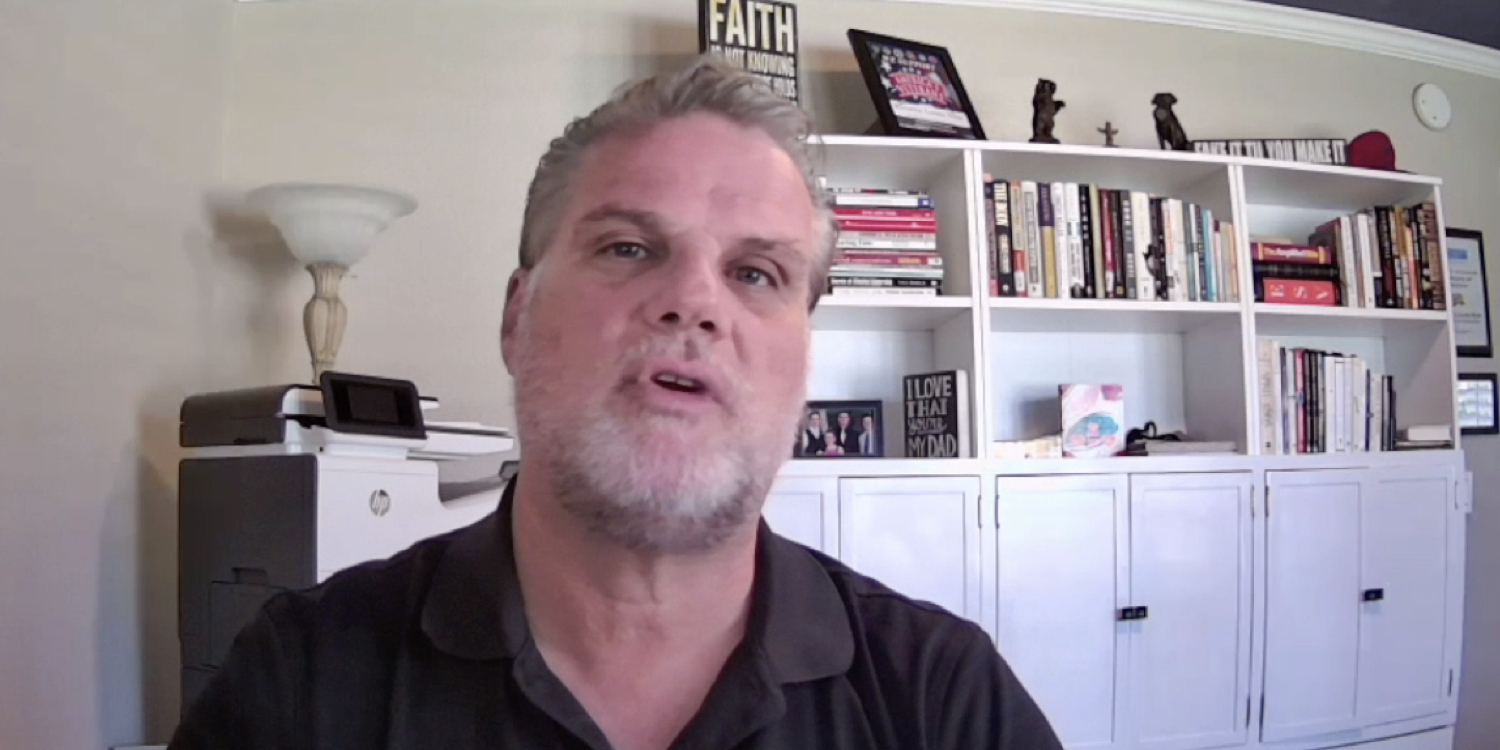Like it or not, the reality is that fear and anxiety sell. To put a point on it, fear motivates us to take proactive steps to reduce risks with a reasonable solution where we would typically run to comfort instead. As it’s said, ‘action defers anxiety’.
Here are just a few motivating fears and the actions many have taken.
Fear: A young income-earner worries his family would suffer financially should he die prematurely.
Action: They purchase a life insurance policy.
Fear: A conservative investor worries that today’s low interest-earning CDs and money market accounts won’t allow them to keep up with inflation.
Action: They purchase an investment/contract that guarantees a higher interest rate.
Fear: A senior widow is anxious that medical expenses outside of Medicare will break the bank.
Action: She purchases a Medicare Supplement policy to reduce her financial exposure.
Fear: The U.S. Debt just added $2 trillion to the federal ledger making federal debt exceed our annual gross domestic product (GDP) for the first time since World War II. Higher taxes are likely to follow.
Action: They convert their existing IRAs to Roth IRAs to stop future tax liabilities.
Fear: Inflation is likely to increase substantially in the wake of the COVID-19 pandemic making nearly everything more expensive.
Action: They get a reverse mortgage which eliminates their existing mortgage payments and leaves them an available line of credit should they need to increase their cash flow even more.
Ethically we never want to sell only from a position of fear. However, we should ask the uncomfortable ‘what if’ questions to uncover a homeowner’s hidden fears. Those things they wouldn’t volunteer to discuss yet eat away at their peace of mind. After all is it better to shy away from sensitive topics for our own comfort or check to see if the homeowner could benefit by taking some proactive steps to leverage their home’s value?
Now more than ever before older homeowners would benefit by thinking through the realistic ‘what if scenarios’ that most retirees wrestle are struggling with. So, let’s commit to getting a little uncomfortable ourselves and address the proverbial elephant in the room.











 Years ago when working in financial services fellow agents would often disappear in December. This was before the age of social media so no ‘proof of life’ photos were available online to soothe my fears that perhaps they had been placed into witness protection or worse.
Years ago when working in financial services fellow agents would often disappear in December. This was before the age of social media so no ‘proof of life’ photos were available online to soothe my fears that perhaps they had been placed into witness protection or worse.


